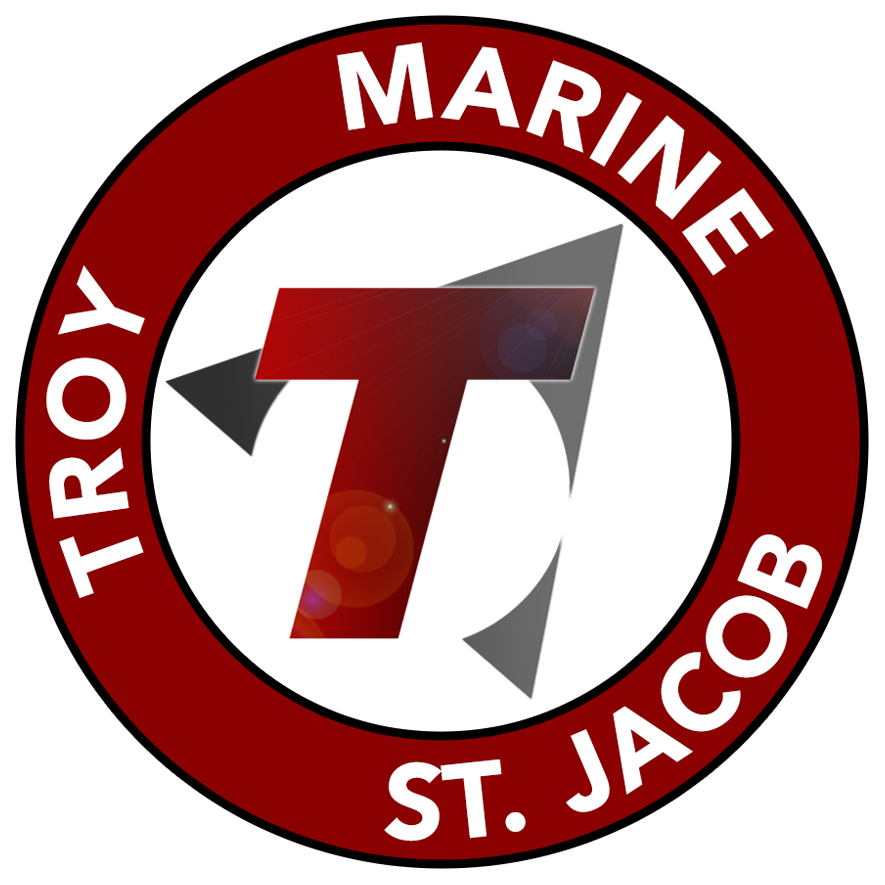Second Grade
Grade 2 Math Curriculum Framework
LINKS
Operations & Algebraic Thinking
Represent and solve problems using addition and subtraction.
Memorize 1-digit addition facts.
Use mental math to add and subtract up to 20.
Count by 2s up to 20.
Write an addition number sentence to explain an array.
Add and subtract to solve a 2-step word problem.
Numbers & Operations: Base Ten
Add and subtract using knowledge of place value.
Explain the value of a digit in a three-digit number.
Write numbers up to 1,000.
Compare 3-digit numbers using <, =, >.
Subtract 3-digit numbers.
Add 3-digit numbers.
Use mental math to add 10 or 100 to a 3-digit number.
Measurement & Data
Use data to solve problems of length, time and money.
Measure the length of an object using the correct tool.
Estimate lengths.
Find the difference between the lengths of two objects.
Solve word problems about length.
Tell time to the nearest five minutes using a.m. and p.m.
Solve word problems about money.
Use graphs to answer questions.
Geometry
Name, draw and divide figures into fractions.
Identify triangles, quadrilaterals, pentagons, hexagons and cubes.
Identify and draw 2-dimensional shapes.
Break rectangles into equal parts and count the number of parts.
Break circles and rectangles into different equal parts and describe how they are parts of a whole.
Grade 2 Literacy Curriculum Framework
Literature
Understand and discuss elements of fictional text.
Ask and answer questions to show I understand a story.
Retell a story including the beginning, middle and end.
Describe how characters respond to what happens in a story.
Compare and contrast versions of the same story.
Informational Text
Demonstrate comprehension using non-fiction text features.
Ask and answer questions to show I understand the details in a text.
Tell the main topic of a multi-paragraph text.
Figure out the meaning of words in a 2nd grade text.
Use captions, bold print, glossaries and indexes to find information.
Compare and contrast the most important points presented by two texts on the same topic.
Read and comprehend informational text at the 2nd grade level.
Foundational Skills
Use phonics and word analysis skills comprehend and read fluently.
Use phonics rules and reading strategies to decode words.
Read with fluency and read words within a text correctly.
Writing
Write, edit and revise to strengthen writing.
Write an opinion piece that: states my opinion, has reasons to support my opinion, uses transitions and has a concluding sentence.
Write an expository writing piece with a topic sentence, facts that develop points and a concluding sentence.
Write a narrative writing piece that includes details that describe actions, feelings, time order words and a concluding sentence.
Edit and revise my writing piece with guidance.
Gather information from various sources to answer questions.
Speaking and Listening
Communicate effectively and recall information.
Communicate my ideas respectively in small and whole groups.
Complete sentences to share my ideas.
Recall facts and details from information presented orally and read aloud.
Language
Apply word study patterns in writing and use conventions.
Use plural nouns correctly.
Form and use the past tense of verbs.
Capitalize holidays, specific places and product names.
Use learned spelling patterns in my writing.
Use materials to help me spell
Grade 2 Curriculum Resources
McGraw - Hill My Math
Hands-on math materials
IXL
Houghton Mifflin Harcourt's - Into Reading
Words I Use When I Write student dictionaries
Mystery Science
Little Minds at Work Social Studies Units
Grade 2 Instructional Practices
Structured Literacy
Literacy and math learning stations
Decodable Texts
Use of Leveled books matched to readers
Hands-on math materials
Technology: Promethean Board, student Chromebooks
Summer Reading Suggestions for Kids Going Into Third Grade
Caldecott Awards and Honor Books
The Funny Little Woman by Arlene Mosel
Many Moons by James Thurber
The Ox-Cart Man by Donald Hall
The Story of Jumping Mouse by John Steptoe
Sylvester and the Magic Pebble by William Steig
When I Was Young in the Mountains by Cynthia Rylant
Picture Books
Amazing Grace by Mary Hoffman
The Day Jimmy's Boa Ate the Wash by Trinka Hakes Noble
Fish Face by Patricia Reilly Giff
Lilly's Purple Plastic Purse by Kevin Henkes
Polk Street Gang series by Patricia Reilly Giff
Chapter Books
A-Z Mysteries Series by Ron Roy
Sideways Stories from Wayside School by Louis Sachar
Fantastic Mr. Fox by Roald Dahl
Judy Moody Series by Megan McDonald
Stink Series by Megan McDonald
Diary of a Wimpy Kid Series by Jeff Kinney
Magic Tree House Series by Mary Pope Osborne
Nonfiction Books
Any nonfiction books at your child's level are great for summer reading
